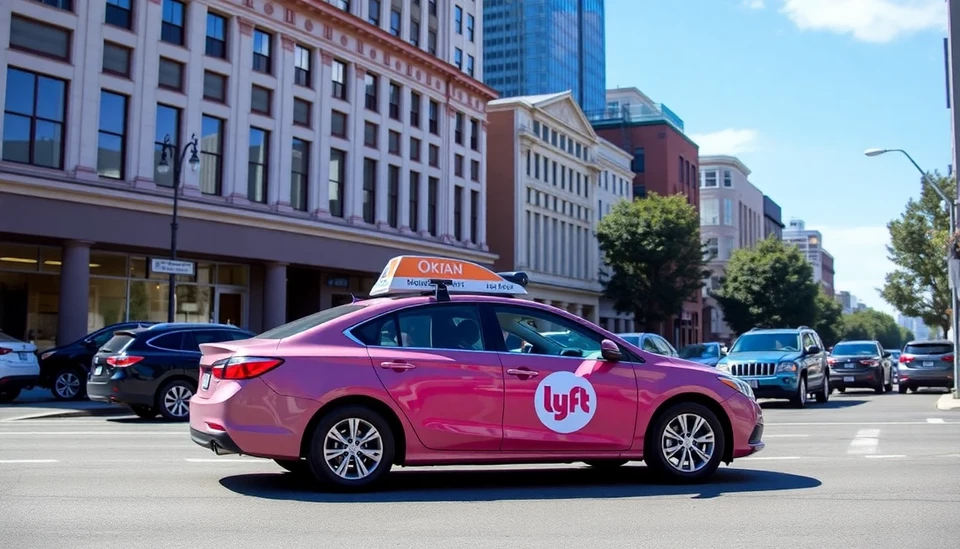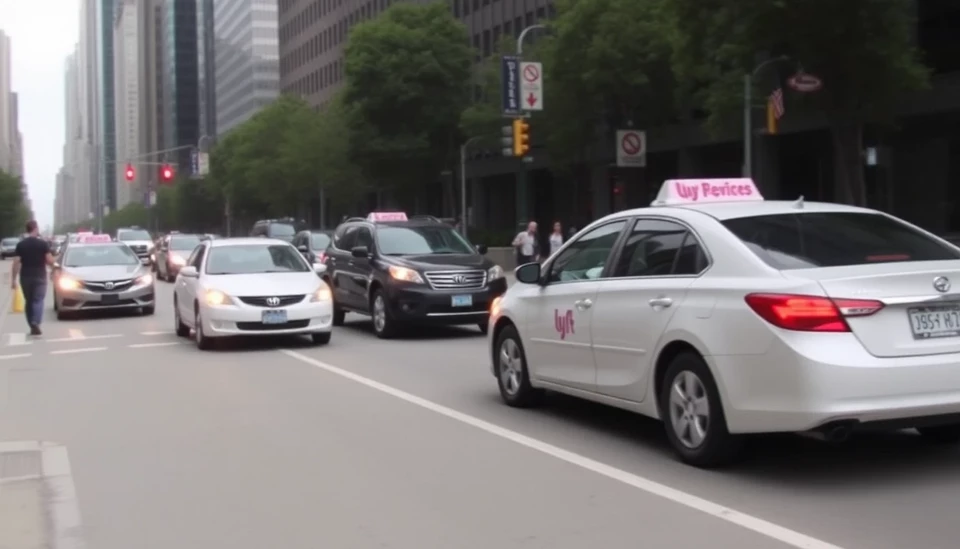
In a bold move, Lyft has initiated a legal battle against the city of San Francisco, claiming the city has overcharged the ride-hailing giant by a staggering $100 million in taxes. The lawsuit highlights ongoing tensions between the tech company and local government over fiscal issues and the regulatory landscape governing transportation services.
According to Lyft's court filings, the company argues that the city’s formula for determining taxes imposed on ride-sharing services is in violation of both the California Constitution and municipal guidelines. Lyft contends that the city has improperly classified a significant portion of its revenue, leading to inflated tax assessments that have critically impacted the company's financial framework.
The crux of Lyft's argument is the assertion that the city's tax calculations do not accurately reflect the actual cost burdens borne by the company. Lyft’s representatives state that the legislation intended to govern ride-sharing services was enacted without comprehensive consideration of how to effectively assess taxes in a rapidly evolving digital economy. The company has called for a reconsideration of the tax framework to ensure fairness and transparency, urging city officials to re-evaluate their methodologies and practices surrounding tax collections.
San Francisco is known for having one of the highest cost-of-living rates in the United States, and Lyft argues that additional financial demands will hinder its ability to operate effectively in the city. Lyft's leadership insists that a fair tax structure is essential not just for its business, but for maintaining competitive pricing for consumers who rely on its services.
The lawsuit comes at a time when Lyft is facing significant scrutiny over its business practices and efforts to remain competitive in an industry dominated by several players, including rival Uber. Lyft’s financial stability has been a topic of discussion, especially with increasing operational costs and changing regulations affecting how ride-sharing companies conduct their business. This legal action marks an important step in what Lyft hopes will be a turning point in its relationship with local governance.
With this lawsuit, Lyft aims to secure a favorable resolution that could potentially lead to decreased tax obligations in the future, but the case's implications might extend beyond its immediate financial concerns. Observers suggest that the outcome could set a precedent for how ride-sharing companies are taxed in urban environments nationwide, possibly inspiring similar actions in cities with comparable structures.
As this situation continues to develop, Lyft remains committed to advocating for what it deems a fair and equitable operating environment. The company is rallying support from drivers and users alike, emphasizing that a balanced tax approach is essential for sustainable service delivery in the city.
The tension between Lyft and San Francisco illuminates the broader challenges faced by the tech industry as it navigates relationships with local governments. Stakeholders are monitoring this legal proceeding closely, as a ruling in favor of Lyft could prompt a reevaluation of various taxation policies affecting not just ride-sharing companies, but potentially numerous other tech enterprises operating in similar urban settings.
As the city prepares to respond to Lyft's claims, the outcome of this case may influence the future of ride-sharing and shape the landscape for emerging technologies in transportation.
In conclusion, Lyft’s lawsuit against San Francisco sheds light on the complex interplay between innovation, regulation, and taxation in the modern economy, signaling that companies may increasingly resort to legal channels to contest what they perceive as inequitable fiscal practices. The unfolding drama highlights not only the specific grievances of a ride-hailing service but also the broader narrative of tech companies grappling with government relations in an ever-changing landscape.
#Lyft #SanFrancisco #TaxLawsuit #RideSharing #LegalBattle #TechIndustry #UrbanPolicy #TransportationTaxation
Author: Samuel Brooks




